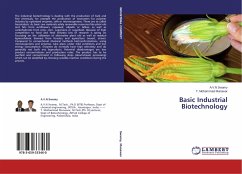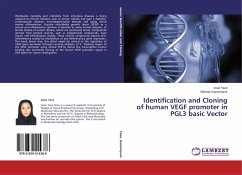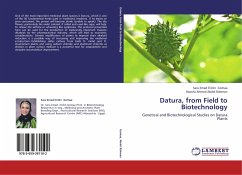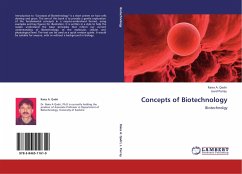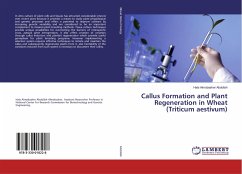The industrial biotechnology is dealing with the production of bulk and fine chemicals, for example the production of monomers for polymer industry by optimized enzymes, cells or microorganisms. These are so called biocatalysts. As basic raw materials solely renewable resources like plant oils and fats from sunflowers, rapeseed, oilpalm or tallow, as well as carbohydrates from crop, corn, sugarcane or sugarbeet. Because of high competition to food and feed industry lots of research is going on focussing on the utilization of alternative plant oils as well as residual lignocellulosic biomass from forestry and agriculture (wood, straw). Compared to conventional chemical methods biotransformations, using microorganisms and enzymes, take place under mild conditions and low energy consumption. Enzymes do normally have high selectivity and do generally not built any byproducts. Potential disadvantages are low product concentrations and production rates. The product has to be purified and concentrated in following steps (downstream processing) which can be simplified by choosing suitable reaction conditions during the process.
Bitte wählen Sie Ihr Anliegen aus.
Rechnungen
Retourenschein anfordern
Bestellstatus
Storno

